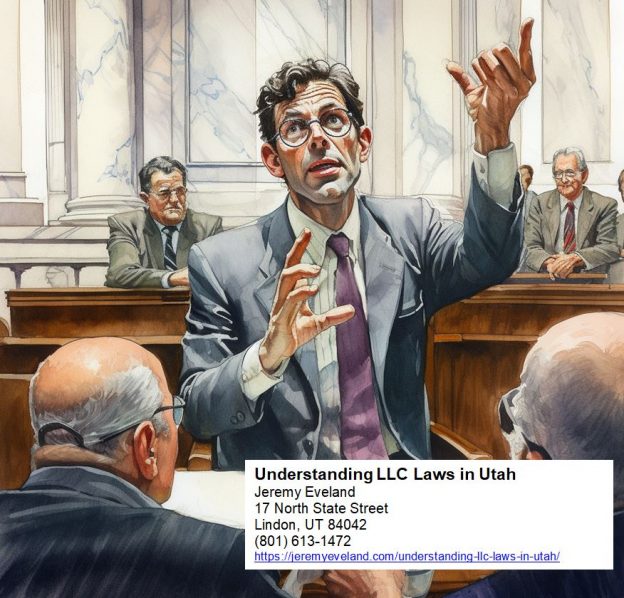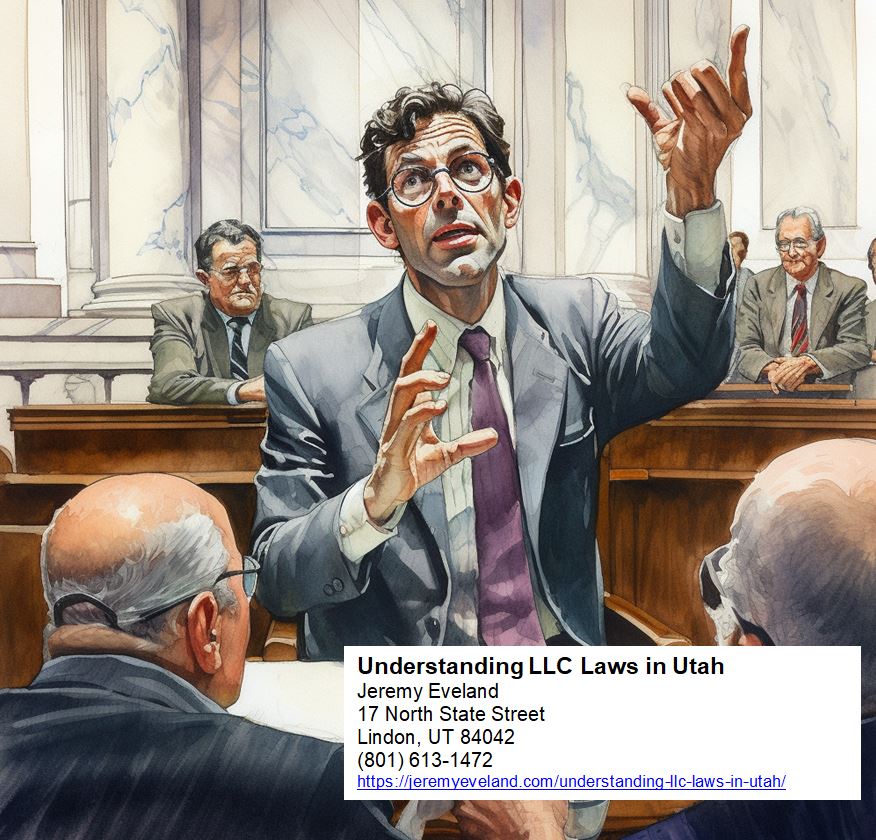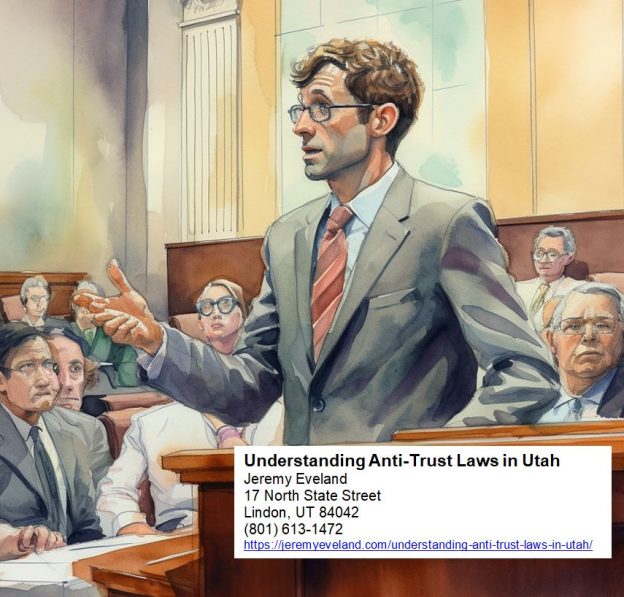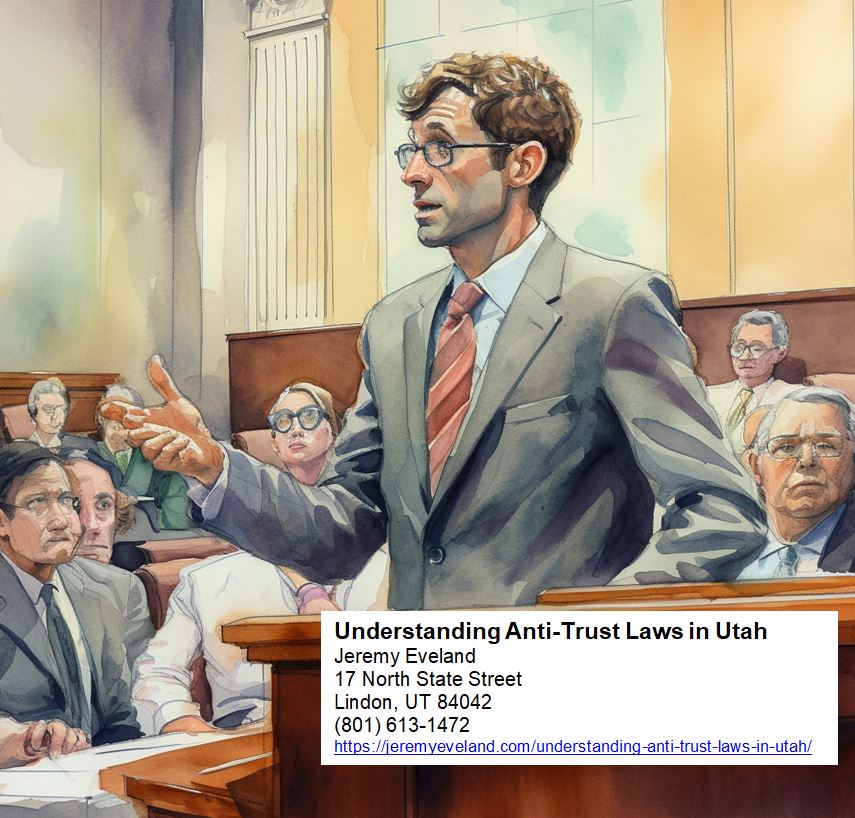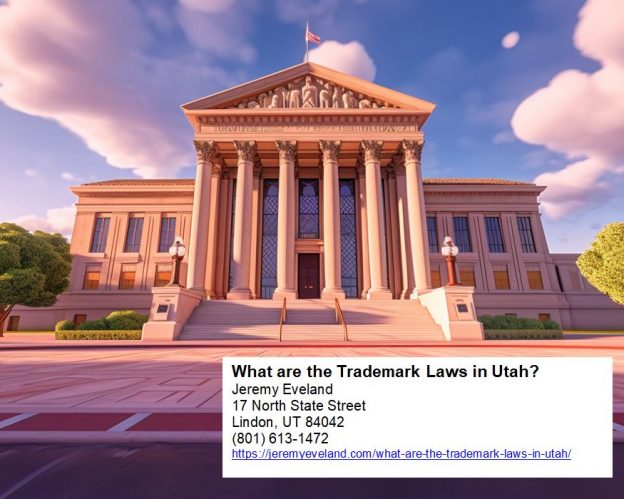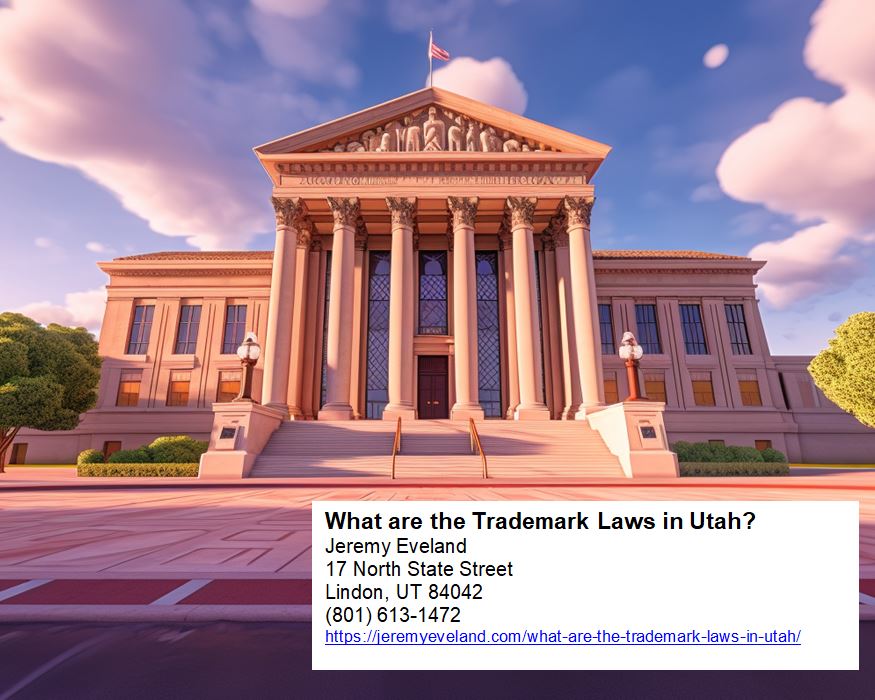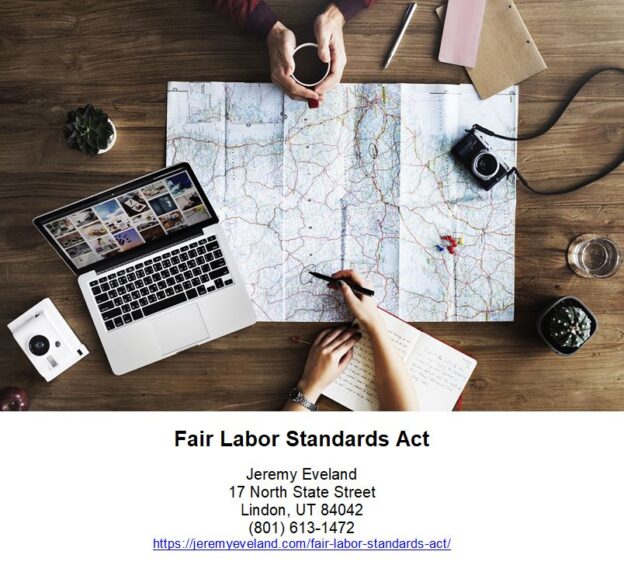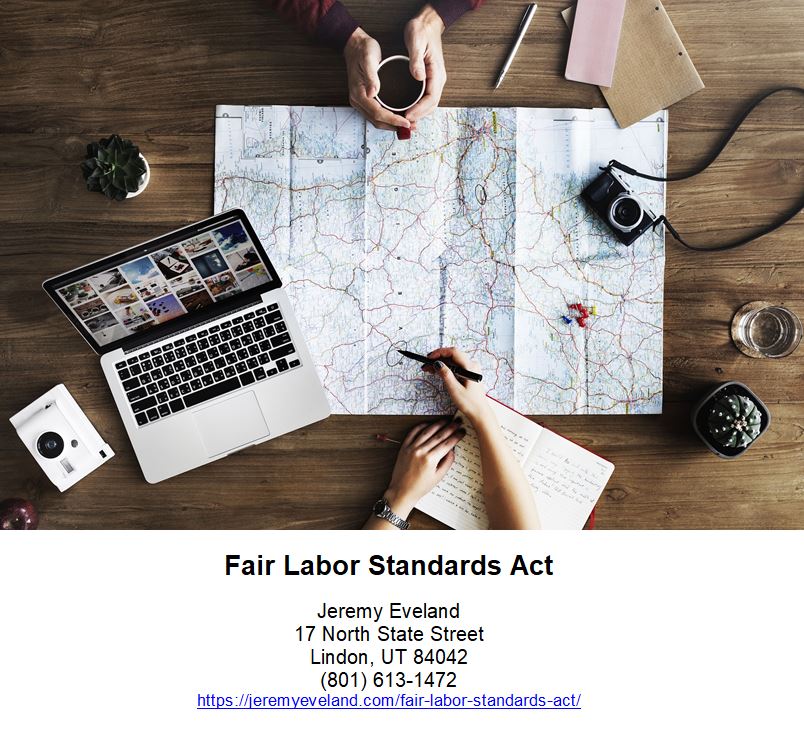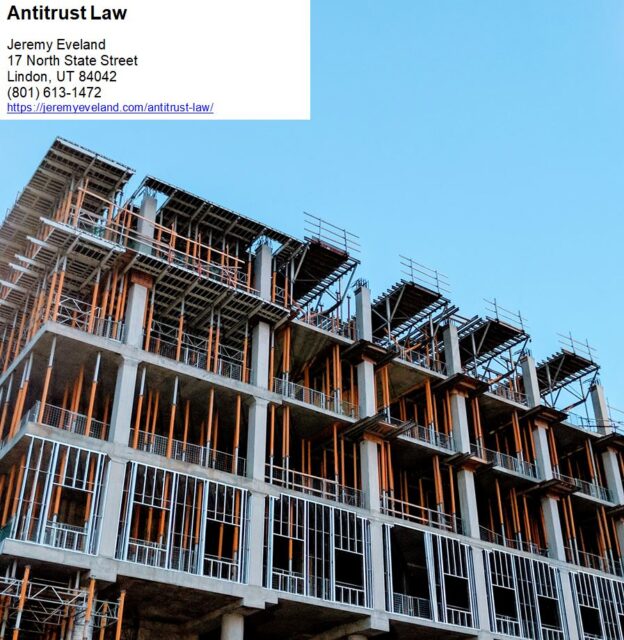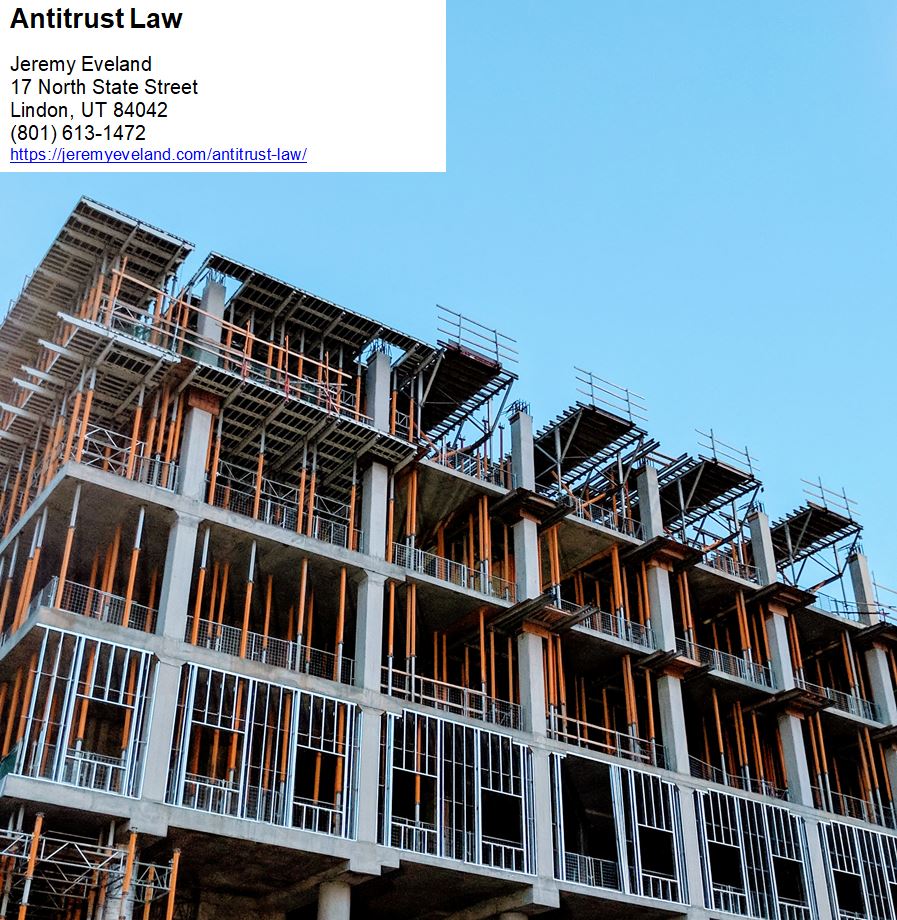Understanding LLC Laws in Utah
Introduction
Utah has become a popular state for starting and running businesses due to its business-friendly environment. One of the most common forms of business entities in Utah is the Limited Liability Company (LLC).
An LLC is a hybrid business structure that provides advantages of both partnerships and corporations while offering limited liability protection to its owners. As such, it is an attractive option for small businesses and entrepreneurs.
Definition of LLC
An LLC is a legal entity created under state law that combines the pass-through taxation of a partnership or sole proprietorship with the limited liability protection offered by corporations. Unlike sole proprietorships or partnerships, an LLC provides its members with personal asset protection, meaning that they will not be personally liable for any debts or obligations incurred by the company. Instead, only the assets owned by the company are at risk.
The Importance of Understanding LLC Laws in Utah
Understanding the laws governing LLCs in Utah can provide small business owners and entrepreneurs with a competitive edge. It can help them make informed decisions when forming their companies and protect them from legal disputes down the line. As such, it is essential to have an understanding of how an LLC operates in Utah, including formation requirements, operating agreements, management structures, taxation options, liability protection laws for members and managers, dissolution and termination processes.
Utah has specific laws governing how an LLC should operate within its state borders. Therefore, as a potential owner or member of an LLC operating in Utah you must understand these laws to comply with all regulations set forth by state authorities adequately.
Adhering to these regulations ensures lower costs on fines or lawsuits which could negatively impact your company’s reputation. This article will cover critical aspects surrounding Limited Liability Companies (LLCs) in Utah such as their definition under state law; why understanding LLC laws in Utah is important for entrepreneurs and small business owners.
Additionally, it will discuss how to form an LLC in Utah, including requirements and steps to follow. The article will also provide information on operating agreements, management structures, taxation options, liability protection laws for members and managers as well as dissolution and termination processes.
Formation of an LLC in Utah
Requirements for forming an LLC in Utah
To form a Limited Liability Company (LLC) in Utah, there are certain requirements that must be met. The first requirement is the selection of a unique name for the company and its registration with the state.
This means that you cannot choose a name that is already in use by another business entity. The name must also include the words “Limited Liability Company” or its abbreviation, “LLC.”
Another requirement is choosing a registered agent, who will be responsible for receiving legal documents and official notices on behalf of your business. In Utah, your registered agent can either be an individual who resides in the state or a company legally authorized to operate as a registered agent.
Additionally, you will need to file Articles of Organization with the Utah Division of Corporations and Commercial Code and pay the required filing fee. These articles must include basic information about your LLC such as its name, registered agent details, management structure, and purpose.
Steps to form an LLC in Utah
The steps to form an LLC in Utah are straightforward. Once you have chosen a unique name for your business and selected a registered agent, follow these steps:
- Draft Articles of Organization: You can create these documents yourself or hire an attorney to do it for you. 2. File Articles of Organization: Submit your documents along with the required filing fee to the Division of Corporations and Commercial Code.
- Obtain any necessary permits or licenses: Depending on your industry, you may need additional licenses or permits before beginning operations. 4. Create an Operating Agreement: While not required by law in Utah, having an operating agreement is highly recommended as it outlines how your business will be run.
- Apply for EIN: An Employer Identification Number (EIN) is required if you plan on hiring employees or opening a business bank account. 6. Open a Business Bank Account: It is essential to keep your personal and business finances separate for tax and liability reasons.
Once these steps have been completed, you are now officially a registered LLC in the state of Utah. It is important to note that while the process may seem straightforward, it is always wise to seek legal advice before starting any business venture.
Operating Agreement for an LLC in Utah
Definition and Importance of Operating Agreement
When forming an LLC in Utah, one of the most important documents that should be drafted is an operating agreement. An operating agreement is a legal document that outlines the ownership and management structure of the LLC, as well as the responsibilities and duties of its members.
It serves as a guidebook for running the business and helps prevent misunderstandings between members. The significance of an operating agreement cannot be overstated.
Although Utah doesn’t require businesses to have this document, it’s best practice to have one, especially if you have multiple members or plan to grow your business in the future. Without an operating agreement, members are subject to state default laws, which may not align with their expectations or goals for the business.
What should be included in the Operating Agreement for an LLC in Utah?
An operating agreement typically includes several key provisions that govern how a company functions. Here are some of the most important elements that should be included:
1) Ownership Structure: This section outlines how much ownership each member has in the company. It also determines how profits will be distributed among them.
2) Management Structure: This section explains who will manage the day-to-day operations of the company. It also defines each manager’s role and responsibility.
3) Voting Rights: The voting procedures give guidance on how voting shall occur regarding issues affecting your LLC. 4) Capital Contributions: Members must state how much they’ll contribute financially to start up the company or anytime there’s a need for financial contributions after formation.
5) Distributions:This provision details when profits are distributed among members. Drafting an operating agreement is crucial when forming an LLC in Utah since it provides clarity and guidance on various business aspects such as ownership, management, and operation.
Every operating agreement varies based on the type of LLC, the state law, or the needs of members. However, these provisions are vital in any operating agreement and should be well-thought-out to ensure your LLC is legally sound.
Management Structure of an LLC in Utah:
Types of management structures for an LLC:
There are two types of management structures that can be used for an LLC in Utah: member-managed and manager-managed. A member-managed structure is where the members, or owners, of the LLC manage the day-to-day operations of the business.
This is the most common structure for small businesses with just a few owners. On the other hand, a manager-managed structure is where the members elect one or more managers to manage the business.
This structure is often used for larger businesses or those with complex operations. Managers can be members themselves or outside professionals hired specifically to manage the LLC.
Advantages and disadvantages of each management structure:Member-Managed:
One advantage of a member-managed structure is that it allows for more direct control over the business by its owners. Members have a say in how decisions are made and how operations are run on a day-to-day basis. However, this can also lead to conflicts among owners if they do not agree on key decisions.
Another advantage is that this structure tends to be less expensive since there are fewer people involved in running the business. There may also be less bureaucracy since ownership and management tend to overlap.
A disadvantage of a member-managed structure is that it can lead to slower decision-making processes since all members must agree before any action can be taken. Additionally, if one member leaves or dies, it may disrupt operations if they were heavily involved in managing the business. Manager-Managed:
One advantage of a manager-managed structure is that it allows for more efficient decision-making processes since there are fewer people involved in making decisions. This can lead to quicker action and response times when needed.
Another advantage is that this structure can bring outside expertise into the business if managers are hired from outside the LLC. This can be especially beneficial if the owners do not have experience in managing a business.
However, one disadvantage of a manager-managed structure is that it can lead to conflicts between the managers and members since they may not always agree on decisions. Additionally, hiring outside managers can be expensive and may not always align with the goals of all members.
Choosing the right management structure for an LLC in Utah depends on various factors such as size, complexity of operations, and personal preferences of owners. It is important to carefully consider the advantages and disadvantages of each option before making a decision.
Taxation Laws for an LLC in Utah
Pass-Through Taxation
When it comes to taxation, one of the essential things to understand is that LLCs are considered pass-through entities by the IRS. This means that the company itself doesn’t pay federal income taxes; instead, the profits and losses of the business are “passed through” to its owners (or members) who then report them on their individual tax returns. Essentially, this means that LLCs are taxed just like sole proprietorships or partnerships.
Corporate Taxation
However, Utah also allows LLCs to choose corporate taxation if they wish. By default, an LLC is taxed as a pass-through entity unless it elects otherwise by filing a Form 8832 with the IRS. If an LLC chooses corporate taxation, it will be treated as a separate entity from its owners for tax purposes and will have to file its own tax return and pay taxes on its profits at the corporate tax rate.
How to Choose the Best Tax Option for Your Business
Choosing between pass-through taxation and corporate taxation can be a challenging decision for some businesses. There isn’t necessarily a “right” or “wrong” answer; it all depends on your particular circumstances and goals as a business owner. For example, if you’re running a small business with just a few members and don’t anticipate significant growth in the short term or plan on reinvesting all your profits back into your company, pass-through taxation may be more beneficial since you’ll avoid double taxation.
On the other hand, suppose you’re planning on scaling rapidly or raising capital through investors shortly. In that case, electing corporate status might be more advantageous since having separated ownership from management can simplify investment agreements while limiting personal liability issues.
In any case, when making this decision in Utah specifically , consider consulting with a tax professional or an attorney who specializes in business law. They can help you understand the ramifications of each option and make a decision that aligns with your goals as a company.
Liability Protection Laws for Members and Managers of an LLC in Utah
What is Limited Liability Protection?
As a member or manager of an LLC, you are not personally liable for the company’s debts and obligations. This means that your personal assets, such as your home or car, cannot be seized to pay off the business’s debts. Instead, only the assets owned by the LLC can be used to satisfy any outstanding obligations.
The state of Utah provides limited liability protection to all members and managers of an LLC. This protection is a key reason why many entrepreneurs choose to structure their businesses as LLCs.
How Does Limited Liability Protection Work in Utah?
Utah law specifies that members and managers are not liable for any debts or obligations of the company unless they have personally guaranteed them. This means that if the LLC fails to pay its creditors, it is only the assets of the company that can be used to settle those debts. However, there are some exceptions to this rule.
If a member or manager engages in fraudulent or illegal activities, they may lose their limited liability protection. Additionally, if a member takes on debt on behalf of the company without proper authorization, they may also become personally liable.
Additional Benefits of Limited Liability Protection
Limited liability protection offers several additional benefits beyond shielding members’ personal assets from business liabilities. For instance: – It encourages investment: Potential investors are more likely to invest in an LLC if they know their personal assets will not be at risk.
– It protects against lawsuits: If someone sues your business, it prevents them from also suing you personally. – It simplifies taxation: With an LLC structure, profits and losses flow through to individual tax returns – making taxes easier for members and managers.
Should You Consider Forming an LLC in Utah?
If you are an entrepreneur in Utah, forming an LLC can offer significant benefits. It can protect your personal assets from business liabilities and simplify your tax situation. Additionally, it may make it easier to attract investment and protect you from lawsuits.
However, forming an LLC requires careful consideration of the legal requirements and potential risks. Consulting with a lawyer or other legal professional is recommended before making any decisions about business structure.
Conclusion
Understanding the liability protection laws for members and managers of an LLC in Utah is critical whether you are starting a new business or already own one. Limited liability protection shields members’ personal assets from business debts and obligations – but it is important to understand that there are some exceptions to this rule.
Taking advantage of limited liability protection can simplify taxation, attract investment, and protect against lawsuits. However, forming an LLC requires careful consideration of all legal requirements and risks involved.
Dissolution and Termination Laws for an LLC in Utah
The Process Involved During Dissolution
Dissolving an LLC is the process of winding up the company’s affairs, paying its debts, and distributing any remaining assets to the members. In Utah, there are several ways to dissolve an LLC. The first is through the unanimous written consent of all members.
If a member wishes to withdraw from the LLC but wants it to continue operating, they can do so by giving written notice to the other members. If a member dies or becomes legally incapacitated, they will be considered dissociated from the LLC.
This typically triggers a buyout provision in the operating agreement or state law that allows for a smooth transition of ownership. Additionally, if there is no specified end date for the LLC in either its articles of organization or operating agreement, then dissolution can occur at any time by a two-thirds vote of all members.
Conclusion
Overall, understanding LLC laws in Utah is essential for anyone looking to start and run a business in this state. From formation requirements to taxation options and liability protections, having thorough knowledge of these laws will help you make informed decisions that benefit your business and protect your personal assets.
When it comes time for dissolution or termination of your LLC, knowing what steps you need to take will also be critical. By following these processes correctly and efficiently under Utah law, you can ensure that everything is handled correctly and fairly for all parties involved.
Although it may seem daunting at first glance, learning about Utah’s LLC laws does not have to be difficult. By taking advantage of available resources such as online guides or consulting with legal professionals who specialize in these matters, you can feel confident navigating this complex area with ease.
Areas We Serve
We serve individuals and businesses in the following locations:
Salt Lake City Utah
West Valley City Utah
Provo Utah
West Jordan Utah
Orem Utah
Sandy Utah
Ogden Utah
St. George Utah
Layton Utah
South Jordan Utah
Lehi Utah
Millcreek Utah
Taylorsville Utah
Logan Utah
Murray Utah
Draper Utah
Bountiful Utah
Riverton Utah
Herriman Utah
Spanish Fork Utah
Roy Utah
Pleasant Grove Utah
Kearns Utah
Tooele Utah
Cottonwood Heights Utah
Midvale Utah
Springville Utah
Eagle Mountain Utah
Cedar City Utah
Kaysville Utah
Clearfield Utah
Holladay Utah
American Fork Utah
Syracuse Utah
Saratoga Springs Utah
Magna Utah
Washington Utah
South Salt Lake Utah
Farmington Utah
Clinton Utah
North Salt Lake Utah
Payson Utah
North Ogden Utah
Brigham City Utah
Highland Utah
Centerville Utah
Hurricane Utah
South Ogden Utah
Heber Utah
West Haven Utah
Bluffdale Utah
Santaquin Utah
Smithfield Utah
Woods Cross Utah
Grantsville Utah
Lindon Utah
North Logan Utah
West Point Utah
Vernal Utah
Alpine Utah
Cedar Hills Utah
Pleasant View Utah
Mapleton Utah
Stansbury Par Utah
Washington Terrace Utah
Riverdale Utah
Hooper Utah
Tremonton Utah
Ivins Utah
Park City Utah
Price Utah
Hyrum Utah
Summit Park Utah
Salem Utah
Richfield Utah
Santa Clara Utah
Providence Utah
South Weber Utah
Vineyard Utah
Ephraim Utah
Roosevelt Utah
Farr West Utah
Plain City Utah
Nibley Utah
Enoch Utah
Harrisville Utah
Snyderville Utah
Fruit Heights Utah
Nephi Utah
White City Utah
West Bountiful Utah
Sunset Utah
Moab Utah
Midway Utah
Perry Utah
Kanab Utah
Hyde Park Utah
Silver Summit Utah
La Verkin Utah
Morgan Utah
LLC Laws in Utah Consultation
When you need help with LLC Laws in Utah, call Jeremy D. Eveland, MBA, JD (801) 613-1472 for a consultation.
Jeremy Eveland
17 North State Street
Lindon UT 84042
(801) 613-1472
Related Posts
How Artificial Intelligence is Shaping the Future of Business Law
Estate Planning is Crucial for People of All Income Levels
Navigating Legal Challenges in Business Succession Planning
Business Lawyer Bountiful Utah
How To Structure A Merger Or Acquisition In Utah
How To Hire Employees Legally in Utah
10 Tips for Negotiating Lease Agreements
Business Lawyer Spanish Fork Utah
How To Start A Non-Profit In Utah
What are the Trademark Laws in Utah
Business Lawyer Pleasant Grove Utah
How to Calculate Overtime Pay in Utah
Business Lawyer Cottonwood Heights Utah
Understanding Utah’s Consumer Protection Laws
Comprehensive Guide To Hiring A Business Lawyer
Business Lawyer Springville Utah
Mergers and Acquisitions from a Legal Perspective
Business Lawyer Eagle Mountain Utah
Understanding Anti-Trust Laws in Utah
